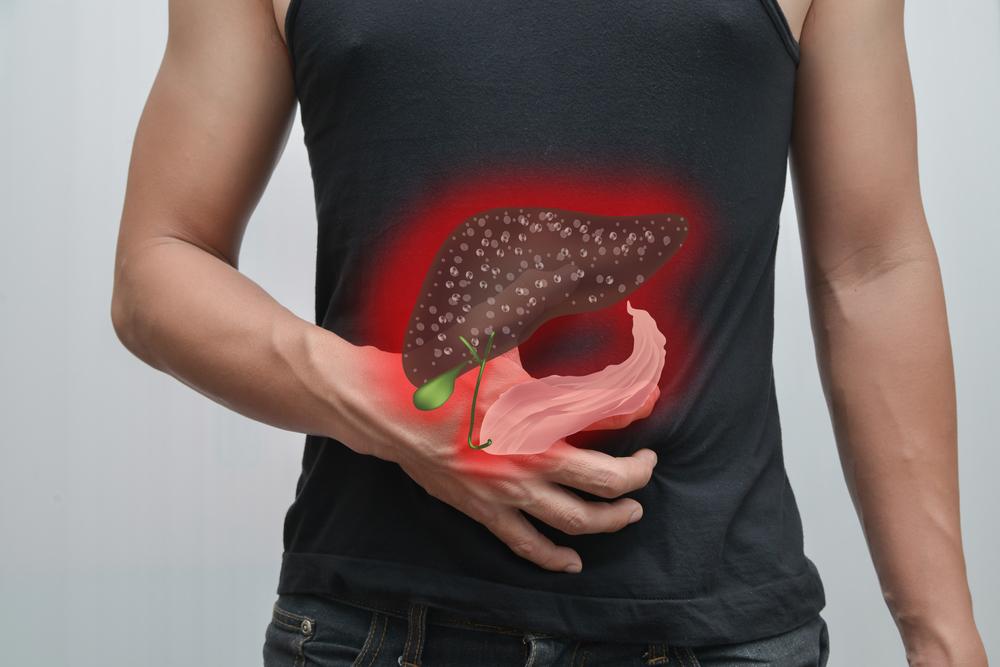Key Insights into Colon Cancer: Causes, Symptoms, and Prevention
This article provides essential insights into colon cancer, highlighting causes, symptoms, diagnostic methods, and prevention strategies. It emphasizes the importance of early screening, healthy lifestyle choices, and recognizing warning signs for effective management of colon health.
Sponsored

The colon's primary functions involve absorbing nutrients from food and water, as well as storing waste before elimination. The rectum completes the process by removing waste from the body. Colon cancer arises from abnormal tissue growths, like polyps, lining the colon or rectum. Most polyps are benign, but some can develop into malignant tumors, leading to colon cancer—one of the most prevalent diseases affecting both genders. This article explores the causes, warning signs, diagnostic methods, and preventive strategies related to colon cancer.
What causes colon cancer?
While research continues to clarify colon cancer’s precise origins, common factors include the development of polyps or tumors in the colon. Additional risk factors involve:
Genetic predisposition, such as family history of colon polyps or bowel diseases.
Inflammatory bowel conditions like Crohn’s disease and ulcerative colitis increase risk.
Inherited genetic syndromes like familial adenomatous polyposis and Lynch syndrome can elevate risk.
Conditions like type 2 diabetes and insulin resistance are linked to higher colon cancer risk.
Unhealthy lifestyle choices — poor diet, smoking, excessive alcohol intake, and physical inactivity — also increase risk.
Although colon cancer can develop at younger ages, it is predominantly diagnosed in individuals over 50, emphasizing age as a significant factor.
Recognizing symptoms of colon cancer
Noteworthy is rectal bleeding, which warrants prompt medical attention.
Changes in bowel habits—diarrhea, constipation, or narrowed stools—are common warning signs.
Persistent abdominal cramps or pain, especially when combined with other symptoms, should prompt a healthcare consultation.
Other indicators include anemia, fatigue, shortness of breath, and bloating.
Diagnosing colon cancer
Blood Tests: While no blood test specifically detects colon cancer, tests like liver function and complete blood count help evaluate overall health and rule out other issues.
Colonoscopy: This procedure involves visual examination of the colon and rectum using a flexible tube with a camera. Tissue samples may be biopsied for analysis.
Barium Enema: Filling the colon with barium dye followed by X-ray imaging reveals abnormal growths.
CT Scan: Provides detailed imaging of the colon to identify tumors or abnormalities.
Preventative measures for colon cancer
Screening: Regular screenings, especially after age 45, enable early detection and intervention.
Healthy Diet: Consuming high-fiber foods like fruits and vegetables, and limiting fats, supports colon health.
Healthy Lifestyle: Maintaining physical activity, avoiding smoking, and limiting alcohol consumption can significantly reduce risk.






